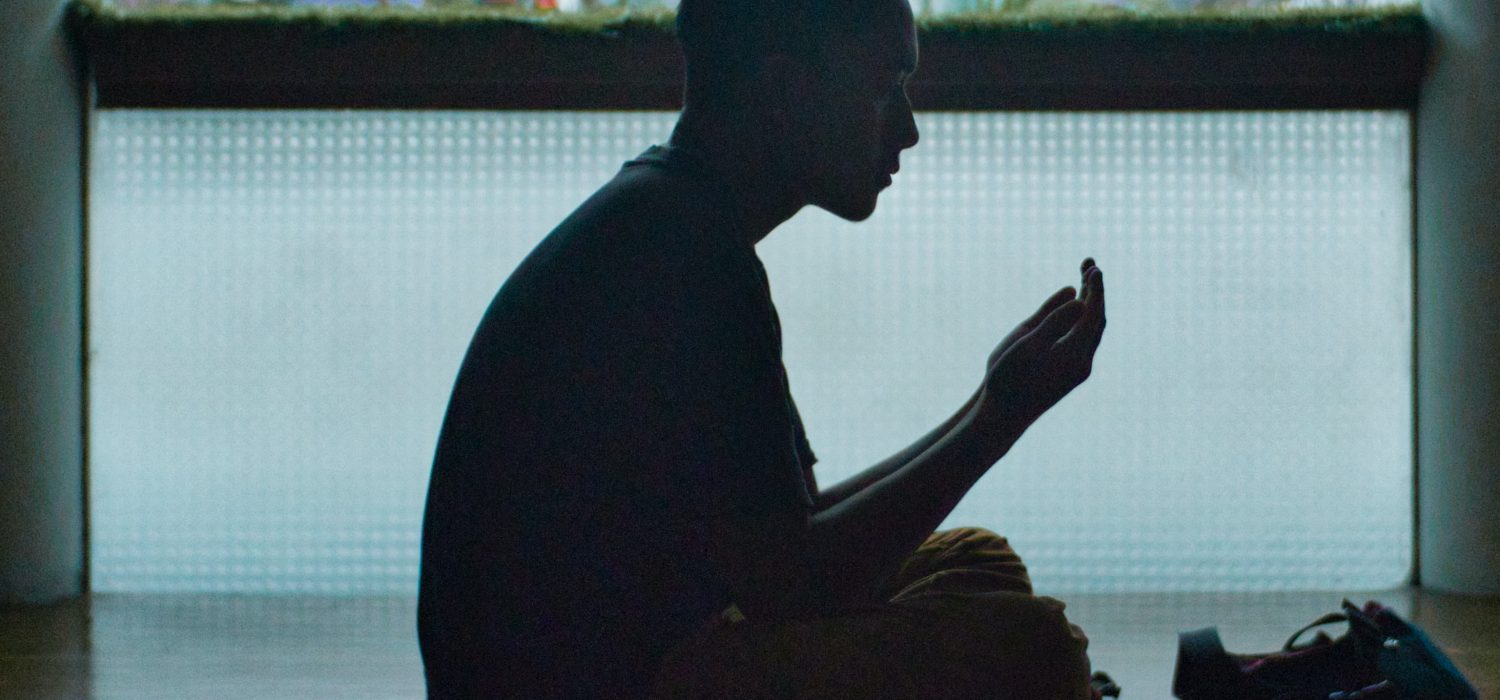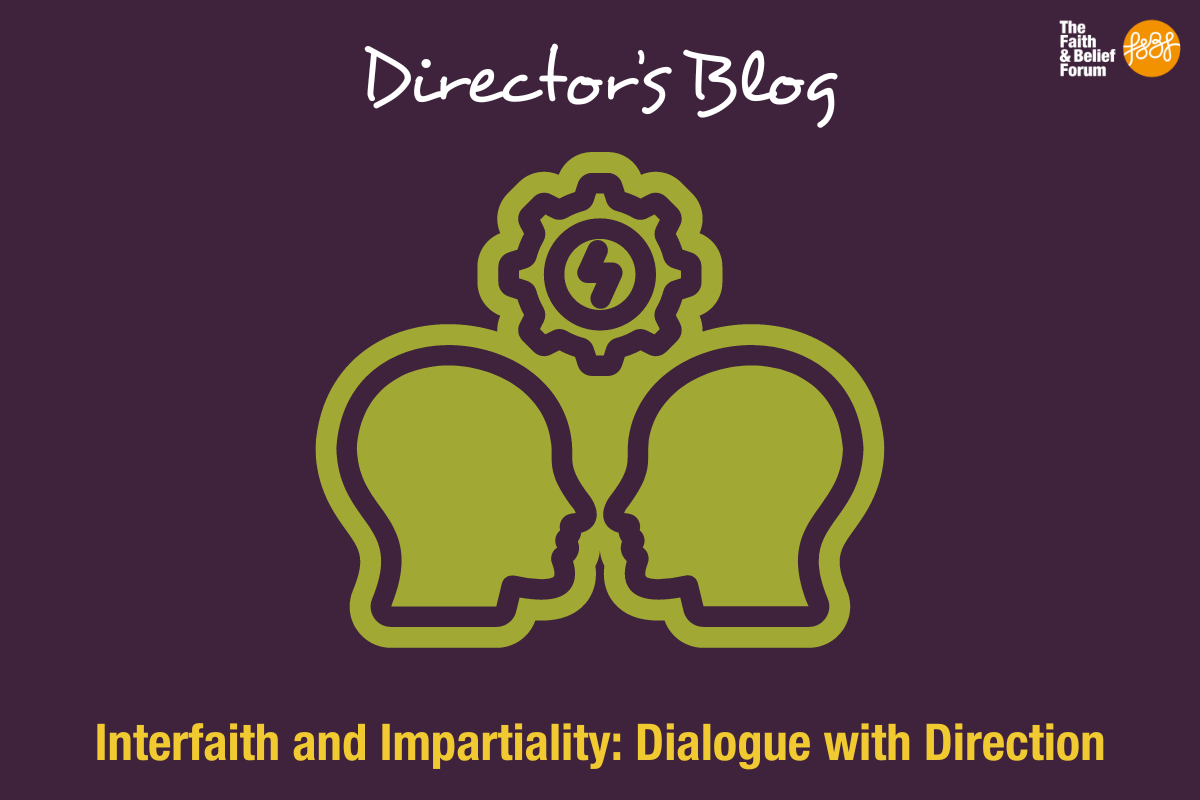
Statement on Hate Crime in UK – 19th February 2024
19 / 02 / 24
Menu

05 / 08 / 21

by Raahim Zafar
You will hear from various ends of the spectrum that Muslims have some unique challenges when it comes to integrating into wider British society. Some might say that Muslims “pose” the challenges (or, less politely, that they are the challenge) while some of the Muslims themselves might say that “we face” these challenges of working, living, and raising families in a non-Muslim society while maintaining the beliefs and behaviours that keep us Muslim.
You might ask, “are the challenges exclusive to Muslims or are they more widely applicable to people of faith?” While people of faith generally face certain common obstacles in a widely areligious society, there are a number of difficulties specific to religions that place emphasis on religious law: observant Jews and Muslims being foremost among them.
One might suggest that the issues are largely generational, cultural problems that constitute a continued legacy of mass post-war migration (itself a legacy of colonialism) and will disappear in a few decades time. While true to an extent, you will also find that white English, Scottish, Irish and Welsh converts are hardly blessed with issue-free lives. Not only do converts face the challenge of integrating into highly ethnicized mosque communities where they don’t understand the community language, but they also face the eternal struggle of sharing a fridge and going to dinner parties with non-Muslim family members who are fond of the odd drink and less than permissible foods.
Alcohol was in fact one of the primary obstacles in my life to socialising at university. Most of my friends were from the university Islamic Society not because I don’t like non-Muslims, but because most of them rarely socialised without drinking at least a little bit. Exceptions included one beautiful Saturday morning during Easter break in first year when I had smoked salmon bagel for breakfast in a quaint and overpriced Scottish café with a non-Muslim friend; three years later I invited four friends from first year halls over to my home and I made them alcohol free chai while we played a classic Dragonball Z game that had been remade and remastered for PlayStation 3. It was an incredibly wholesome night, everyone was totally sober (I think), but unfortunately, I did not manage to see them again the rest of the year. I blame Covid partly, but also, while I’m sure they love me, their regular means of socialising involved going to places I simply do not frequent. I’m a fairly adaptable person, but I simply would not compromise some of my principles for the sake of seeing my friends in the wee hours whilst they were “getting lit.”
There are other ways of getting lit which do not involve alcohol. I found plenty of them eventually, but one place I struggled to get in was the world of university sport. I had made myself a promise during my gap year that I would take sport seriously at university because I had been bit of a late bloomer in school. The sport ships had already sailed long prior in school, so university would be a fresh start. True to my word, I played a bit of cricket and went to hockey training every week during first semester – I bought all the kit and even played a game against another team! While the hockey club and coaches were all friendly, about six weeks in it became clear that the lads had been bonding during Wednesday night socials and were laughing and making in-jokes with each other and I felt very much like the outsider. I hardly knew their names. In the early weeks I had been offered milk as a substitute for beer if I came to the socials, but I had politely declined claiming “I’m not comfortable in those environments.” That was a half-truth.
In fact, it was not just my discomfort. As far as my knowledge informed me, it was outright forbidden in Islam to enter those settings and take part in those gatherings. It is my own shortcoming that I was too embarrassed to be open about the real reason I would never attend ‘pre’s’ or anything that came after. That is perhaps a general issue of being a person of faith: it is not polite to bring it up in conversation or cite it as a reason why you will or won’t do something. In fact, given our dominant secular culture, you will likely be judged to be weird and a wee bit irrational if you do. Unless you are a strictly observant Orthodox Jew however, most people of faith will hardly confront as many situations as Muslims where they have to cite their religion as an excuse to not do something.
I have Muslim friends who definitely did frequent the Students’ Union, the pubs and so on. Some may not have considered it to be wrong, others might have considered it wrong but did it anyway. Some may have drank alcohol, some may have avoided it. None of that is for me to judge or enquire about, I am ultimately only responsible for my own actions and given I believed it to be impermissible and wrong for a plethora of reasons (the alcohol-filled environment being only the first of them), I had no excuse and in retrospect I am glad I did avoid it. I have made plenty of mistakes- everyone makes their own- but at least there’s one fewer than there could have been.
So, what is the point of this article? Do I want the sympathy of non-Muslims? Do I want Muslims to reform our religion to be able to better socialise in the West? No and no. I want observant Muslims – and people of faith more broadly – to be more outspoken about their faith. State it unashamedly. I want us to confidently say to our friends and colleagues, “I’m going to go pray, I’ll be back in 10 minutes.” And if you, like me believe that you mustn’t join gatherings or sit at tables where alcohol is served, I want you to stand strong in the face of social pressure and say, “I hope you have a good time at the pub, perhaps next time the team can get dinner first and those who want to go to the pub afterwards can do.”
I am not calling for other people to change (if they develop understanding and become more considerate of their own accord, fabulous), but I am calling for fellow Muslims and people of faith to stop being embarrassed of their religion. You possess something beautiful. If society and those in it do not value it, do not let that limit you from living your life in the way you sincerely believe to be best.

19 / 02 / 24

16 / 02 / 24

15 / 02 / 24